Joint Working Group formed for Rohingya repatriation
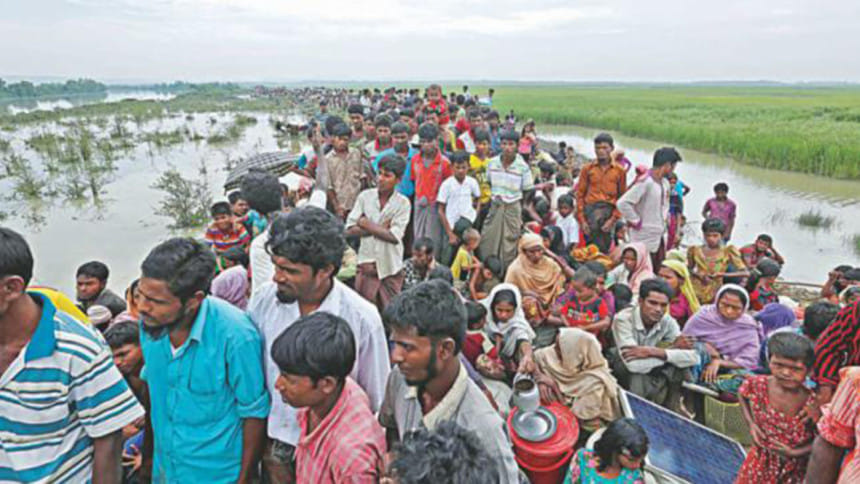
Myanmar and Bangladesh have formed a 30-member Joint Working Group (JWG) that will oversee the repatriation of the Rohingya refugees.
Delegations from both the countries sat in a meeting at the state guesthouse Meghna around 8:10am today and formed the crucial JWG with 15 each from Bangladesh and Myanmar.
From the Bangladesh side, the JWG will be headed by Foreign Secretary Md Shahidul Huq and the Myanmar side will be headed by Permanent Secretary at Myanmar foreign ministry Myint Thu, Foreign Minister AH Mahmood Ali told reporters after the meeting.
Although the repatriation process was supposed to start from January 21 as agreed on the deal signed by both countries on November 23, the repatriation is likely to begin from February, meeting sources said.
An agreed minute was signed after the four-hour long meeting in presence of the Bangladesh foreign minister.
Bangladesh Foreign Secretary Md Shahidul Huq led a nine-member Bangladesh team while Permanent Secretary at Myanmar foreign ministry Myint Thu its six-member team during today's meeting.
The agreed Terms of Reference (TOR) mandates the JWG to undertake all necessary measures to start the safe and voluntary return, resettlement and reintegration process of displaced Myanmar residents as envisaged in the "Arrangement on Return of Displaced Persons from Rakhine State" signed by the Foreign Minister A H Mahmood Ali, MP and U Kyaw Tint Swe, Union Minister at the State Counsellor's Office on November 23, 2017 in Nay Pyi Taw.
According to the TOR, the JWG will develop physical arrangement for return, which would include mechanism of verification, time schedule, transport and logistic arrangements, reception procedures, communication etc. to commence the repatriation process within the stipulated time frame mentioned in the "Arrangement", according to a press release of the Ministry of Foreign Affairs.
The JWG will assess the process and report to the respective governments quarterly.
The JWG shall involve assistance of the UNHCR and other mandated UN agencies and interested international partners in various stages of repatriation. The JWG shall ensure commencement of repatriation within two months of the signing of the "Arrangement".
According to the repatriation deal signed between Dhaka and Naypyitaw on November 23, Myanmar has agreed to take necessary measures to halt the outflow of its residents to Bangladesh, restore normalcy in northern Rakhine and encourage those who had left Myanmar to return voluntarily and safely to their own households and original places of residence or to a safe place of their choice.
Around 10 lakh Rohingyas have fled to Bangladesh, including about 660,000 who arrived in the country after August 25, when the Myanmar military launched a brutal crackdown in Rakhine.

 For all latest news, follow The Daily Star's Google News channel.
For all latest news, follow The Daily Star's Google News channel. 

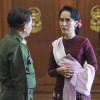
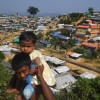
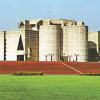
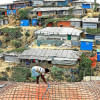
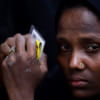


Comments